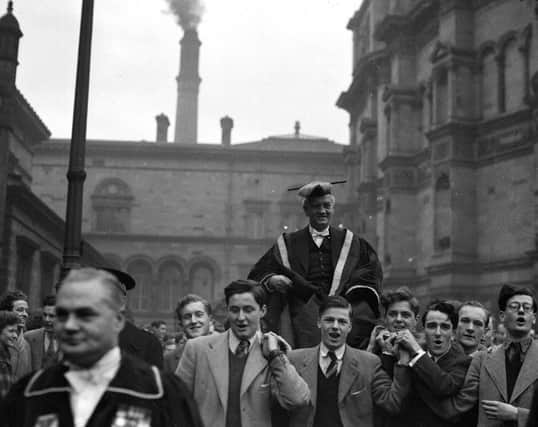Alexander Fleming: the Scot who changed world medicine


Most people return from a vacation to a stack of mail; Fleming returned to a universal miracle cure for infection.Lady Luck can take credit for the Penicillium Notatum mould growing in a sidelined petri dish, but the Scottish bacteriologist would have been more than a footnote in medical history with or without his observations that day. Born on 6th August 1881, Alexander Fleming grew up on a Scottish hill farm and spent much of his youth observing the natural world and recording his findings – a scientific dictum he would adhere to all his working life. At 14, he moved to London to complete his education. A legacy left to thim by his uncle allowed him to pursue a career in medicine. He chose St Mary’s Medical School after experiencing the water polo team’s admirable sportsmanship first-hand. He had hoped to qualify as a surgeon but at the turn of the century he accepted a post in the exciting new field of bacteriology. During WW1, Fleming worked as a ranking army medic from a military hospital lab set up in a French casino in Boulogne. Here he became an expert on the bacteriology of wound infection.